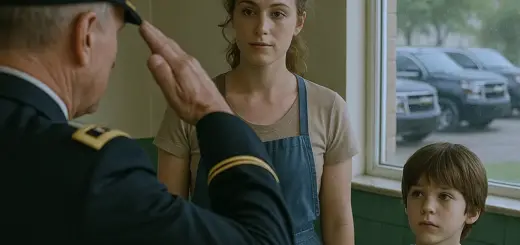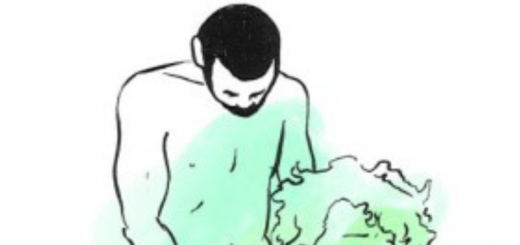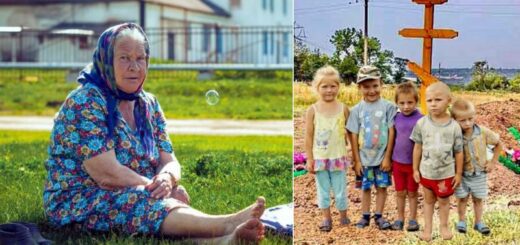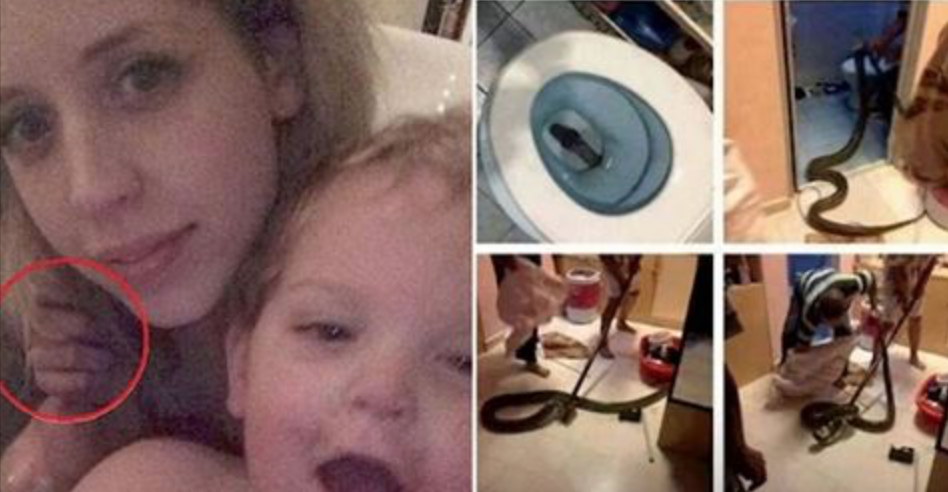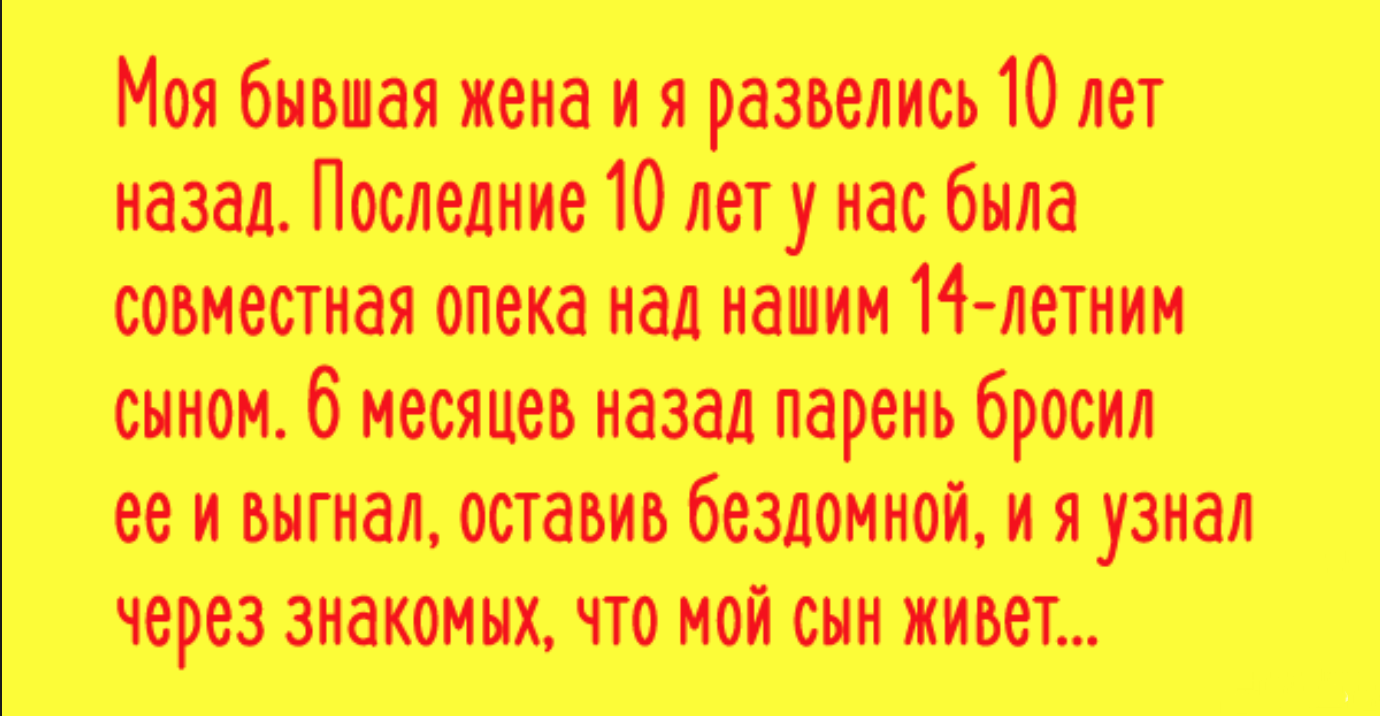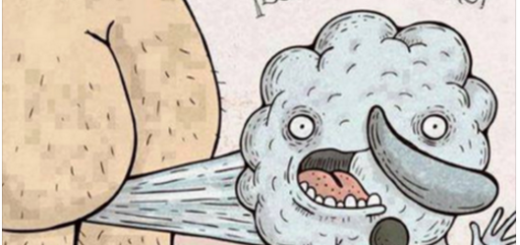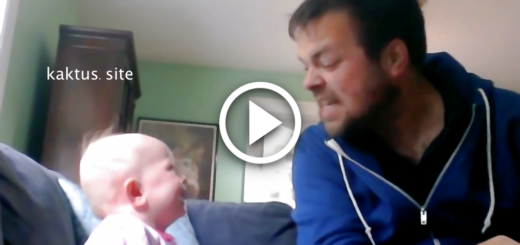By 3:30 PM, my phone had buzzed six times. I’d finished the newspaper, brewed a second pot of tea, and started organizing the junk drawer in my kitchen. It’s amazing what you can accomplish when you aren’t rushing around serving people who consider you their personal bellhop. The seventh call came at 3:45 PM. Instead of Isabella’s name, I saw an unknown number. Probably her parents, having borrowed someone’s phone at the airport. I let that one ring too.
Outside, a neighbor was hanging Christmas lights on his porch, his children running around the yard with the manic energy that only December afternoons could bring. Normal families doing normal things. No one was stranded anywhere, waiting for someone who would never come. At 4:15 PM, my phone started ringing and didn’t stop.
Isabella, then the unknown number, then Isabella again. The buzzing became constant, like an angry wasp trapped against glass. I walked to my kitchen and unplugged my landline from the wall. Then I turned my cell phone completely off. Perfect silence.
I made myself a grilled cheese sandwich and heated up a can of tomato soup—comfort food I hadn’t allowed myself in months because every grocery dollar had gone toward making ends meet while subsidizing their lifestyle. The cheese melted perfectly golden, the soup steamed in my favorite mug. Outside, the winter sun was already starting to set, casting long shadows across my backyard.
Somewhere across town, three people were probably standing in an airport parking garage, arguing about taxi fare and wondering how their personal servant had the audacity to strand them. The thought made my soup taste even better. By 5:00 PM, I’d eaten dinner, loaded my dishwasher, and was considering what movie to watch.
It had been years since I’d had an entire evening to myself without worrying about emergency calls for money or last-minute favors. I was reaching for the remote when someone started pounding on my front door. Not knocking—pounding. The kind of aggressive hammering that rattled the frame and announced pure fury.
I set down my tea and walked slowly toward the sound, already knowing exactly who I’d find on the other side. The pounding intensified as I approached the door, each blow more violent than the last. Through the peephole, I could see three figures crowded on my small porch like wolves circling prey. I opened the door to find Cody Jenkins’s red face inches from mine.
«What the hell is wrong with you?» he shouted, pushing past me into my living room without an invitation. «We waited at that goddamn airport for over three hours.» Catherine followed him, her usually perfect hair disheveled, her lips pressed into a thin line of pure hatred. «This is completely unacceptable behavior from someone your age, Dennis. Absolutely barbaric.» Isabella brought up the rear, her designer coat wrinkled, her makeup smeared.
«You humiliated us. Do you have any idea what you’ve done? My parents had to take a forty-dollar taxi because you decided to…» «Get out of my house.» My voice cut through their chorus of rage like a blade through silk. They stopped mid-rant, shocked by the steel in my tone.
«Excuse me?» Cody’s face went from red to purple. «You don’t get to make demands here, buddy. Not after what you pulled today.» «This is my house,» I said quietly, not moving from my position by the door, «and I want you out. Now.» Catherine stepped forward, her voice dripping with the kind of condescension she’d perfected over decades of looking down on people like me.
«Dennis, you clearly don’t understand the magnitude of your mistake. My husband has connections throughout this city. Business connections. Social connections. You can’t treat people like us this way and expect…» «This was a lesson for you,» I interrupted, meeting her gaze steadily. «A lesson about your excessive arrogance and your poor treatment of people you consider beneath you.»
Isabella’s mouth fell open. «A lesson? Who do you think you are to teach anyone anything? You’re nobody. You’re a…» «I’m someone who finally stopped being your personal bank account and taxi service.» I stepped aside and held the door open wider. «The lesson is over. You can leave.»
Cody jabbed a finger toward my chest but didn’t quite dare to touch me. «You have no idea who you’re messing with, old man. I’ve been in this town longer than you’ve been breathing its air. I know people. Important people. People who can make your life very, very difficult.»
«Is that a threat, Mr. Jenkins?» «It’s a promise.» His voice dropped to a menacing whisper. «You think abandoning elderly people at an airport is just something you can do without consequences? You’re about to learn exactly how wrong you are.» Catherine nodded, her smile sharp enough to cut glass.
«Indeed. Actions have consequences, Dennis, and yours will be quite… public.» Isabella grabbed her father’s arm. «Daddy, let’s just go. This pathetic old man isn’t worth our time.» They filed out of my house like a defeated army, but Cody turned back at the threshold.
«You’ll regret this,» he said. «I guarantee it.» I closed the door behind them and turned the deadbolt with a satisfying click.
Through the window, I watched them pile into their rental car, still arguing among themselves as they drove away into the December darkness. The house felt cleaner with them gone, as if their presence had left a stain that was only now lifting. But their parting words echoed in the sudden quiet. Public consequences. Important people. Connections.
I walked back to my living room and picked up my tea, still warm in its mug. For the first time in this whole mess, I felt something that might have been concern, but it was overwhelmed by something much stronger: anticipation. Three days later, I was enjoying my morning coffee and scanning the Spokane Review when I saw my own face staring back at me from page three.
The headline read, «Spokane Businessman Abandons Elderly Couple at Airport During Holiday Storm.» My hands went still around the coffee mug. There I was, in black and white, an old photo from my company’s website, probably five years out of date.
Below it, a story that made my blood run cold and my temper flare in equal measure. «Cody and Catherine Jenkins, visiting their daughter for Christmas, were left stranded at Spokane International Airport for over four hours Sunday when family member Dennis Flores failed to appear for a prearranged pickup. The couple, both in their late fifties, waited in frigid temperatures as a winter storm warning was issued for the region.»
‘Winter storm warning.’ It had been 52 degrees and sunny. «We couldn’t believe someone would just abandon us like that,» said Cody Jenkins, a retired banking executive. «We called repeatedly, but Mr. Flores never answered his phone. We were forced to take an expensive taxi in dangerous weather conditions. At our age, this kind of treatment is not just inconsiderate; it’s dangerous.» The article continued with quotes about my «pattern of erratic behavior» and «concerns about my mental state.»
Cody had painted himself and Catherine as helpless victims of a cruel old man who’d suddenly snapped without provocation. No mention of the Christmas dinner rejection. No context about Isabella’s demands or their years of financial exploitation. Just me, the villain who abandoned poor, elderly tourists during a blizzard that existed only in Cody’s imagination.
I set down my coffee and read the article again, slowly. Then a third time. The byline belonged to Patricia Morrison, Lifestyle Editor. I didn’t recognize the name, but I recognized the strategy. Cody had called in favors, used his banking connections to get this story placed exactly where it would do maximum damage to my reputation. Smart. Very smart.
For the first time since this whole mess started, I felt a grudging respect for my opponents. They weren’t just entitled trust-fund babies throwing tantrums; they were strategic, calculating. They understood that in a small city like Spokane, reputation was everything. One well-placed newspaper article could destroy decades of hard work. They had declared total war.
I folded the newspaper carefully and set it aside, my mind already shifting into the methodical planning mode that had built my business from nothing. This wasn’t about airport pickups anymore. This wasn’t about Christmas dinner or mortgage payments. This was about winning. I pulled out my laptop and began typing names into search engines: Cody Jenkins, Catherine Jenkins, Isabella Flores. Their social media profiles, their connections, their habits, their weaknesses—everything they’d foolishly made public over the years.
If they wanted to play chess, I’d show them what a real strategist looked like. I glanced at my wall calendar. December 18th. Seven days until Christmas. Seven days to plan something they’d never forget.
I spent the next three days living in a different world. Not the world where I was Dennis Flores, the broken-down old man who let his family walk all over him. This was the world where I was Dennis Flores: businessman, strategic thinker, someone who’d built something from nothing and wasn’t about to let a bunch of entitled parasites destroy what I’d worked 40 years to build.
My laptop became command central. Social media profiles filled my browser tabs like playing cards in a high-stakes game. Cody Jenkins: retired First National Bank manager, member of the Spokane Country Club, treasurer of the Inland Northwest Business Leaders Association. A man who’d spent his career in positions of trust and influence, a man with a lot to lose. Catherine’s Instagram painted a perfect picture of refined living. Charity luncheons, wine tastings, vacation photos from Coeur d’Alene tagged with #blessedlife.
Every post was carefully curated to project success and sophistication. Comments from friends praised her «elegant taste» and «inspiring lifestyle»—all built on other people’s money, including mine. Isabella’s Facebook timeline told the real story.
Posts about «our beautiful home» with photos of the kitchen I’d paid for. Check-ins at expensive restaurants during the months when I’d covered their utility bills. A status update from last week: «So excited for Christmas dinner with family. Can’t wait to show off our hosting skills.» Our hosting skills. Our home. Our success.
The narcissism was breathtaking, but it was Michael’s LinkedIn profile that gave me the final piece I needed. His recent activities showed a new connection: Patricia Morrison, Lifestyle Editor at the Spokane Review. The same Patricia Morrison who’d written the hatchet job about me. I leaned back in my desk chair, looking at the evidence spread across my screen. These people had made three critical mistakes.
First, they’d underestimated me completely. Second, they’d gone public with their attack, which meant I could go public with my response. Third, they documented their entire privileged lifestyle online, creating a perfect catalog of hypocrisy.
I clicked through to Patricia Morrison’s profile. 43 years old, journalism degree from WSU, 15 years at local papers, no previous connection to banking or finance. This meant Cody had reached out cold, probably through someone he knew from his business network. A five-minute search through local business directories confirmed my suspicion. Three mutual connections between Cody and Patricia’s editor. The story hadn’t just appeared; it had been planted carefully and deliberately. Amateur hour.



